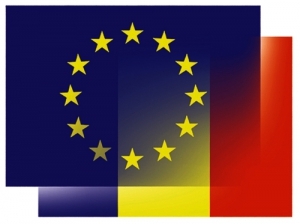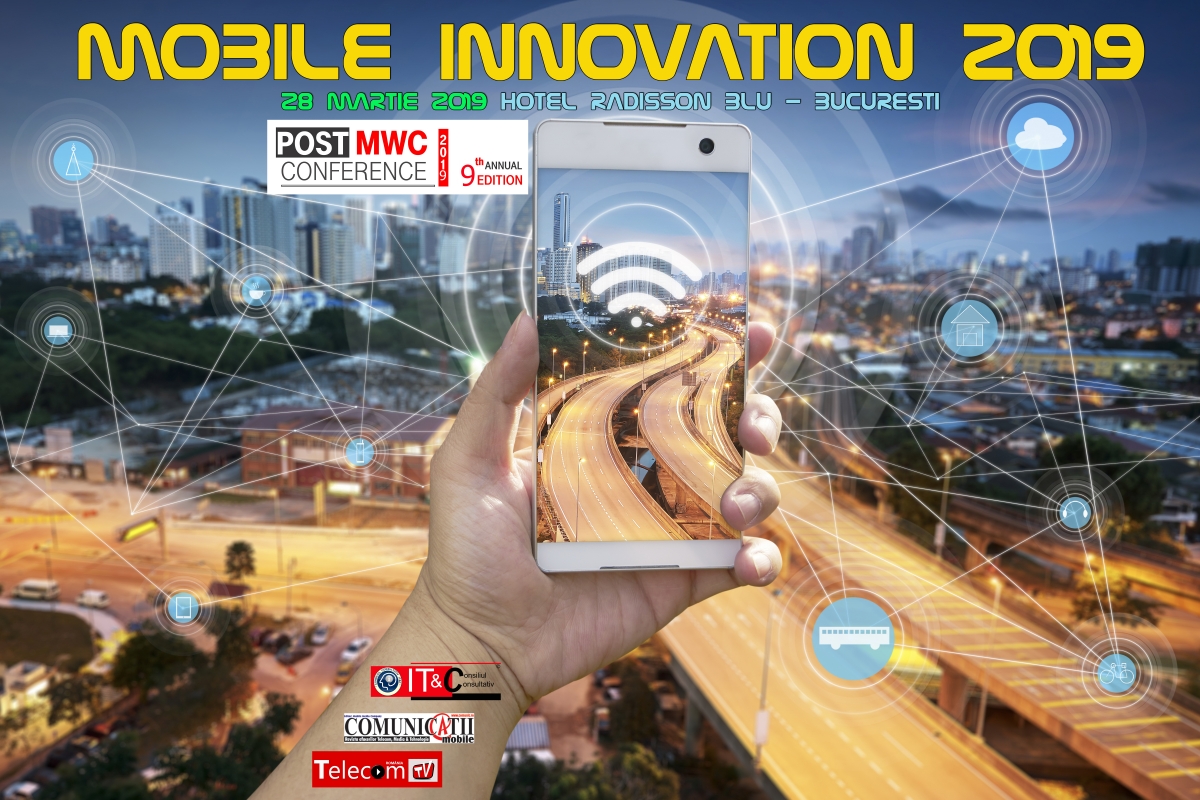
A consultation on key questions arising from the issue of net neutrality has been launched by the European Commission today. It covers such issues as whether internet providers should be allowed to adopt certain traffic management practices, prioritising one kind of internet traffic over another, whether such traffic management practices may create problems and have unfair effects for users, whether the level of competition between different internet service providers and the transparency requirements of the new telecom framework may be sufficient to avoid potential problems by allowing consumers' choice and whether the EU needs to act further to ensure fairness in the internet market, or whether industry should take the lead.
European Commission Vice-President for the Digital Agenda, Neelie Kroes, announced in April 2010 her intention to launch this consultation in order to take forward Europe's net neutrality debate (see SPEECH/10/153). The consultation will feed into a Commission report on net neutrality, which should be presented by the end of this year. All interested parties – service and content providers, consumers, businesses and researchers – are invited to respond to the consultation by 30 September 2010. An open and neutral internet underpins many of the targets set out in the Digital Agenda for Europe (IP/10/581).
Vice-President Neelie Kroes said: "I am committed to keeping the internet open and neutral. Consumers should be able to access the content they want. Content providers and operators should have the right incentives to keep innovating. But traffic management and net neutrality are highly complex issues. I do not assume that one approach or another should prevail. We need input from all sides so we can examine all the issues carefully, in a very objective way, strike the right balance between all the interests involved and work out what new measures, if any, may be needed."
Traffic management in the modern internet
In recent years, the internet has undergone dramatic changes. More and more users are taking advantage of high-speed broadband connections. Services that require a high level of data transfer, such as internet television (IPTV) and video-sharing, are on the rise. Meanwhile new technologies have emerged, such as voice over internet protocol (VoIP), where voice calls can be conducted over the internet.
Within this context, internet service providers have developed tools to differentiate between the various websites and applications being accessed over their network, avoiding congestion and promoting efficient use of the network. This is known as 'traffic management'. These tools can be used for ensuring that networks function efficiently and for the provision of premium services such as IPTV, as long as they comply with EU rules and inform customers about the expected service quality. However, the same techniques may also have the effect of slowing down access to non prioritised services or applications, on either a fixed or a mobile connection, or of degrading the quality of other services. Some claim that treating one stream of data differently from another may harm users and undermine the openness of the internet.
Focus of the consultation
The public consultation launched today seeks views on the issues of internet traffic management relating to net neutrality. The Commission wants to know more about potential problems linked with certain forms of traffic management and whether the new telecom rules are sufficient to tackle them; technical and economic aspects; quality of service considerations; and whether net freedoms may be affected.
Next steps
The Commission will analyse the responses to the consultation and the views raised in other forums. It will then come forward with a Communication on net neutrality by the end of 2010. This document will set out the Commission's thinking on whether additional initiatives or guidance are required.
Background
Although there is no set definition of 'net neutrality', it is generally agreed that it represents the idea that all data on the internet should be treated equally, whatever its source or destination. This means that in general, internet users should be able to access the content or application of their choice.
As one of the prerequisites for the successful conclusion of the 2009 EU telecoms reform package (see MEMO/09/568), the Commission gave a commitment to scrutinise closely the open and neutral nature of the internet and to report on the state of play to the European Parliament and the Council of Ministers. The consultation is part of the Commission's follow-up to this commitment.
Under the revised EU telecoms framework, national authorities have powers to set minimum quality levels for network transmission services. In addition, new transparency rules require that consumers are informed – before signing a contract – about the nature of the service to which they are subscribing, including traffic management techniques and their impact on service quality, as well as any other limitations (such as bandwidth caps or available connection speed).
The consultation document is available at:
http://ec.europa.eu/information_society/policy/ecomm/library/public_consult/index_en.htm





